Did I fix it?
Well, yes and no.
Definitely I broke it.
cc: iFixit.com
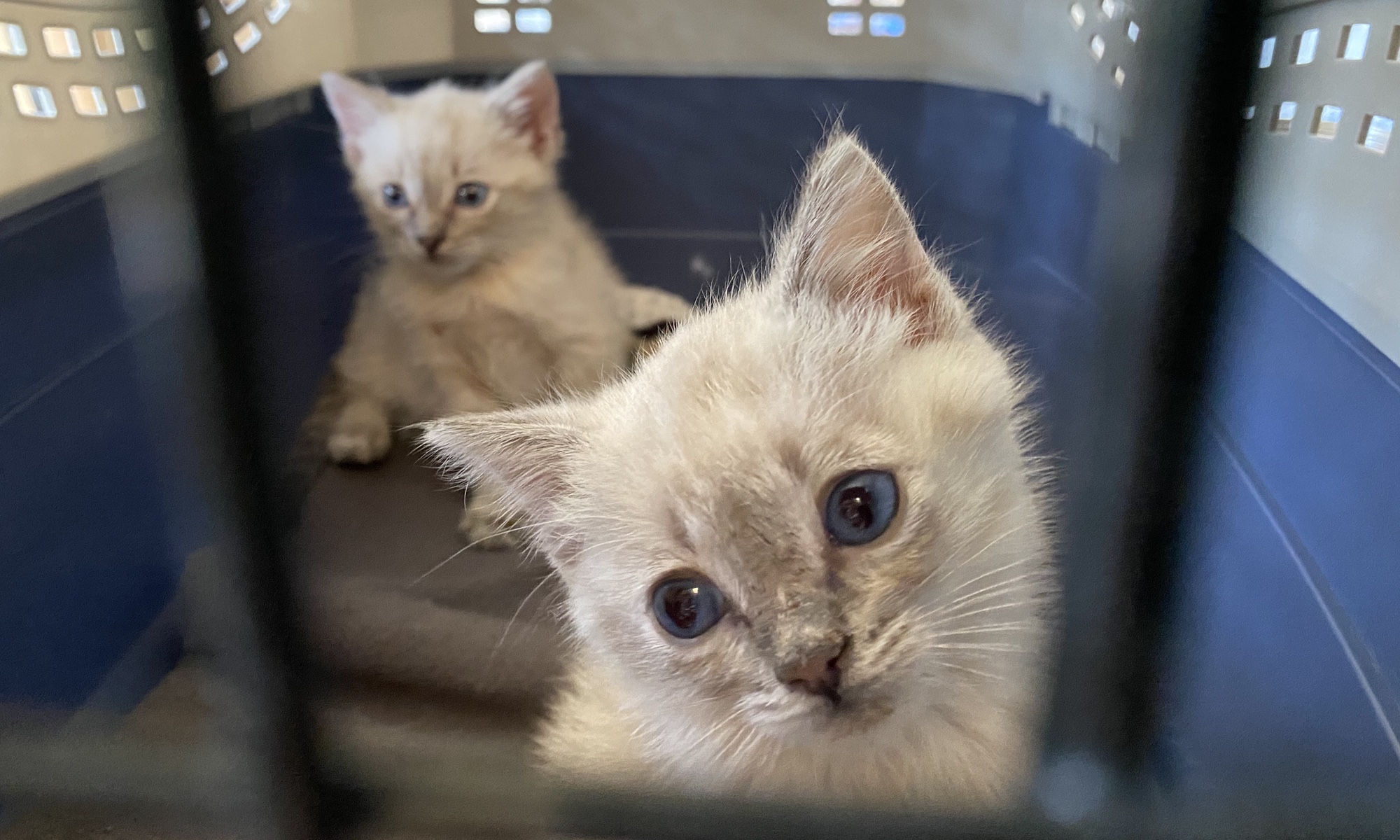
Celebrating 20 years of Nonsense, Powered by Natural Intelligence.
Did I fix it?
Well, yes and no.
Definitely I broke it.
cc: iFixit.com
You can only pick one!

Which one do you need more?
Toilet Papers/Bathroom Tissues or a Computer to work from home?
Decisions, decisions.
Pictured above:
We’re working on a computer at the office and found an Intel SE440BX-2 motherboard with Pentium II installed.

Pretty sure it is still working.
I’ve told a lot of people that they need to clean their computer on regular basis.

This definitely has “You’re Screwed” written all over it, especially if you’re in the middle of something important.
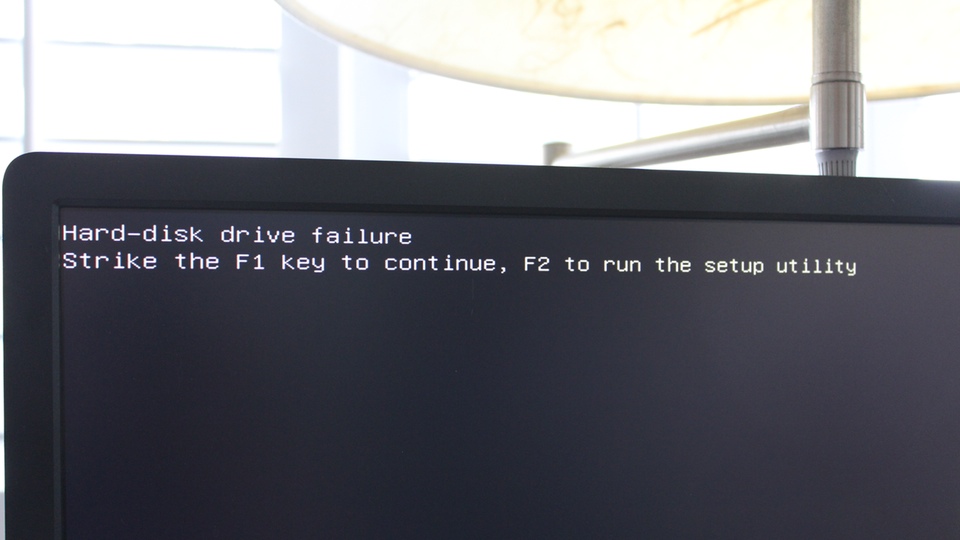
The computer suddenly rebooted and display the message:
“Hard-disk drive failure”
You can only hope the backup system really works.
HP, where’s the “B” on the keyboard?
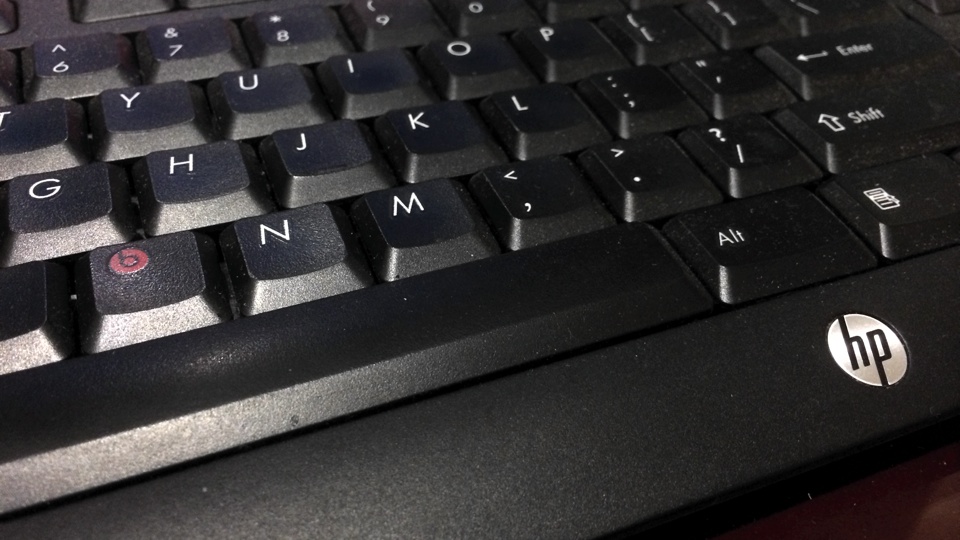
I don’t care about Beats audio on the computer.
Elliott Kember wrote the headline: “Chrome’s insane password security strategy”
Kember points out the way Google Chrome manages saved passwords.
There’s no master password, no security, not even a prompt that “these passwords are visible”. Visit chrome://settings/passwords in Chrome if you don’t believe me.
Yes indeed. Unlike Mozilla Firefox, Google Chrome does not offer users to set Master Password. Apple added Passwords Manager in Safari 6; the passwords are actually stored in users’ Keychain.
Justin Schuh, who works on Google Chrome Security according to his Hacker News profile, says that it was a design decision to not include Master Password in Google Chrome.
For most users, there’s a certain level of inconvenience they are willing to tolerate when dealing with security. Unsurprisingly a lot of users are still using obvious passwords or none at all for their computer login. That’s because they prioritize convenience over security.
Security and convenience have an inverse relationship. It would look something like this:
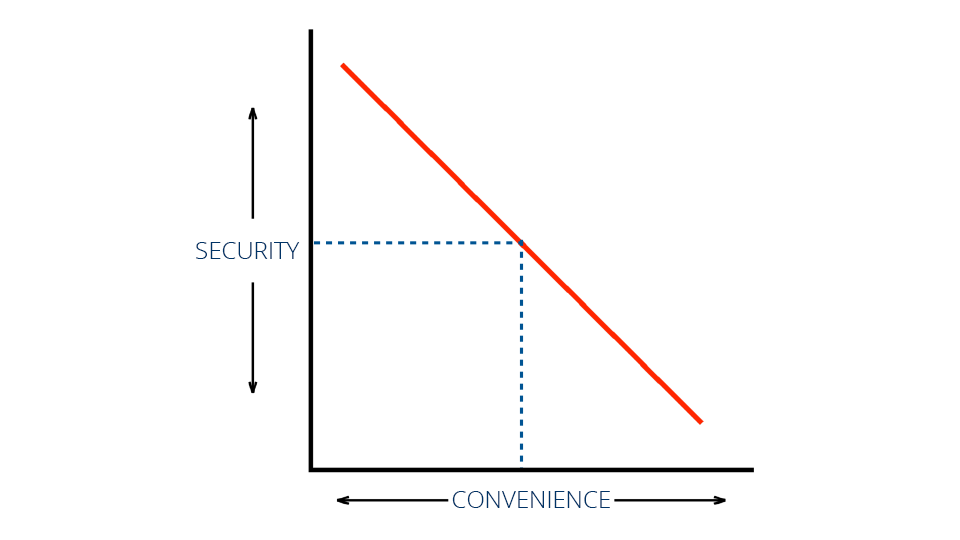
that is true if it is a linear relationship. In reality it looks more something like the following:
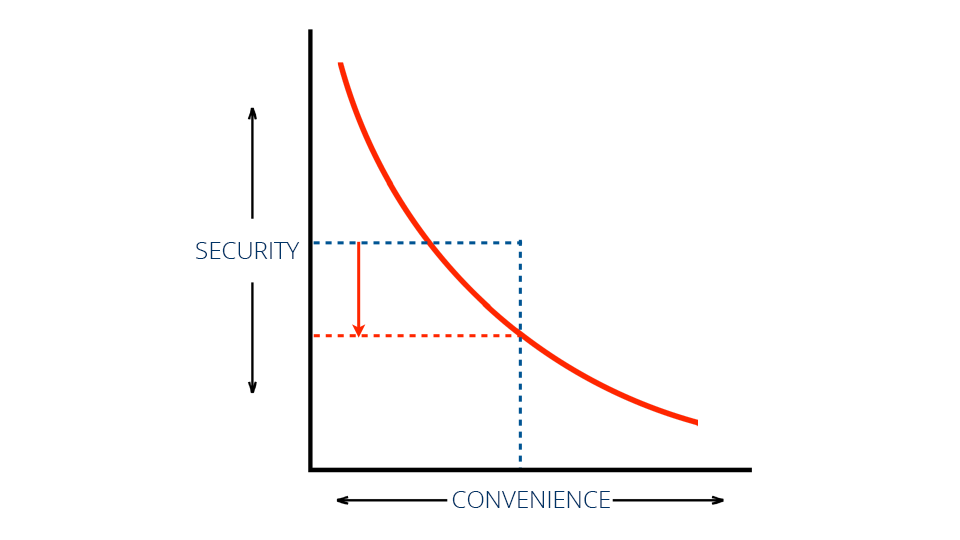
It is more like a curve line. More convenience means less security.
The concern about the way Google Chrome manages passwords is valid. At the same time there is a bigger issue with security. Having a Master Password option would be useless if it is the same obvious password people are using for their computer login. Most users using Mozilla Firefox never set the Master Password at all.
Users need to understand why they need to secure their computers. Ultimately the users are the one to set the security level based on their convenience level.